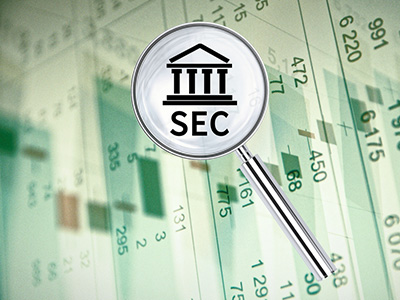On February 7, 2018 the SEC’s Office of Compliance Inspections and Examinations (OCIE) announced its 2018 National Exam Priorities. The priorities, formulated with input from the Chairman, Commissioners, SEC Staff and fellow regulators, are mostly unchanged from years past (New Year, Similar Priorities: SEC Announces 2017 OCIE Areas of Focus, Orrick.com). However, the publication itself is presented in a more formal wrapper that begins with a lengthy message from OCIE’s leadership team describing the Office’s role and guiding principles, including that they are risk-based, data-driven and transparent, and that they embrace innovation and new technology.
2018 Priorities
OCIE’s principal 2018 priority, not surprisingly, appears to be the protection of retail investors, including seniors and those saving for retirement. OCIE specifically stated that it will focus on the disclosure of investment fees and other compensation received by financial professionals; electronic investment advisors – sometimes known as “robo-advisors”; wrap fee programs in which investors are charged a single fee for bundled services; and never-before-examined investment advisors. As to the latter, OCIE indicated that in the most recent fiscal year, it examined approximately 15 percent of all investment advisors, up from 8 percent five years before. It remains to be seen whether that increasing trend will continue.
Noting that the cryptocurrency and initial coin offering (ICO) markets “present a number of risks for retail investors,” OCIE included them as a priority for the first time. Examiners will focus on whether financial professionals maintain adequate controls and safeguards over the assets, as well the disclosure of investment risks.
Other 2018 priorities are compliance and risks in critical market infrastructure; cybersecurity protections, which OCIE states are critical to the operation of our markets; and anti-money laundering programs. In addition, OCIE has prioritized its examinations of FINRA and MSRB to ensure that those entities continue to operate effectively as self-regulatory organizations subject to the SEC’s oversight. READ MORE


